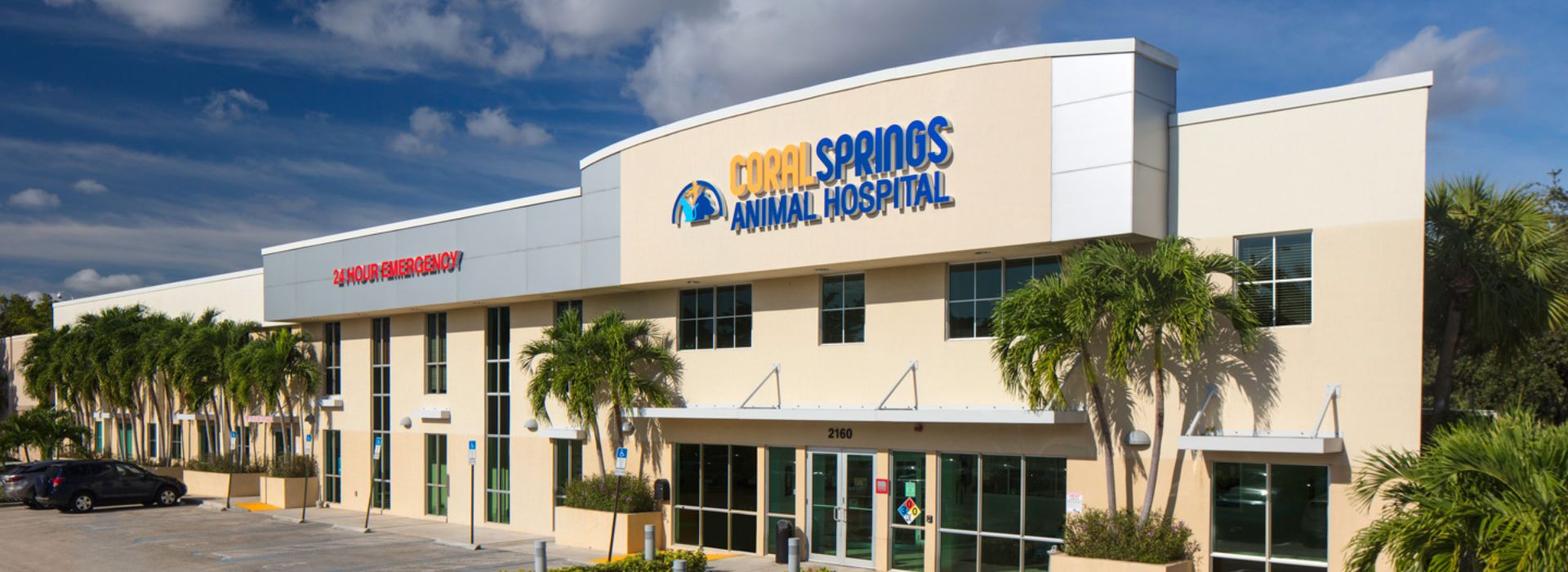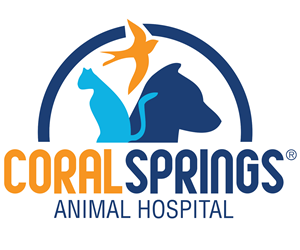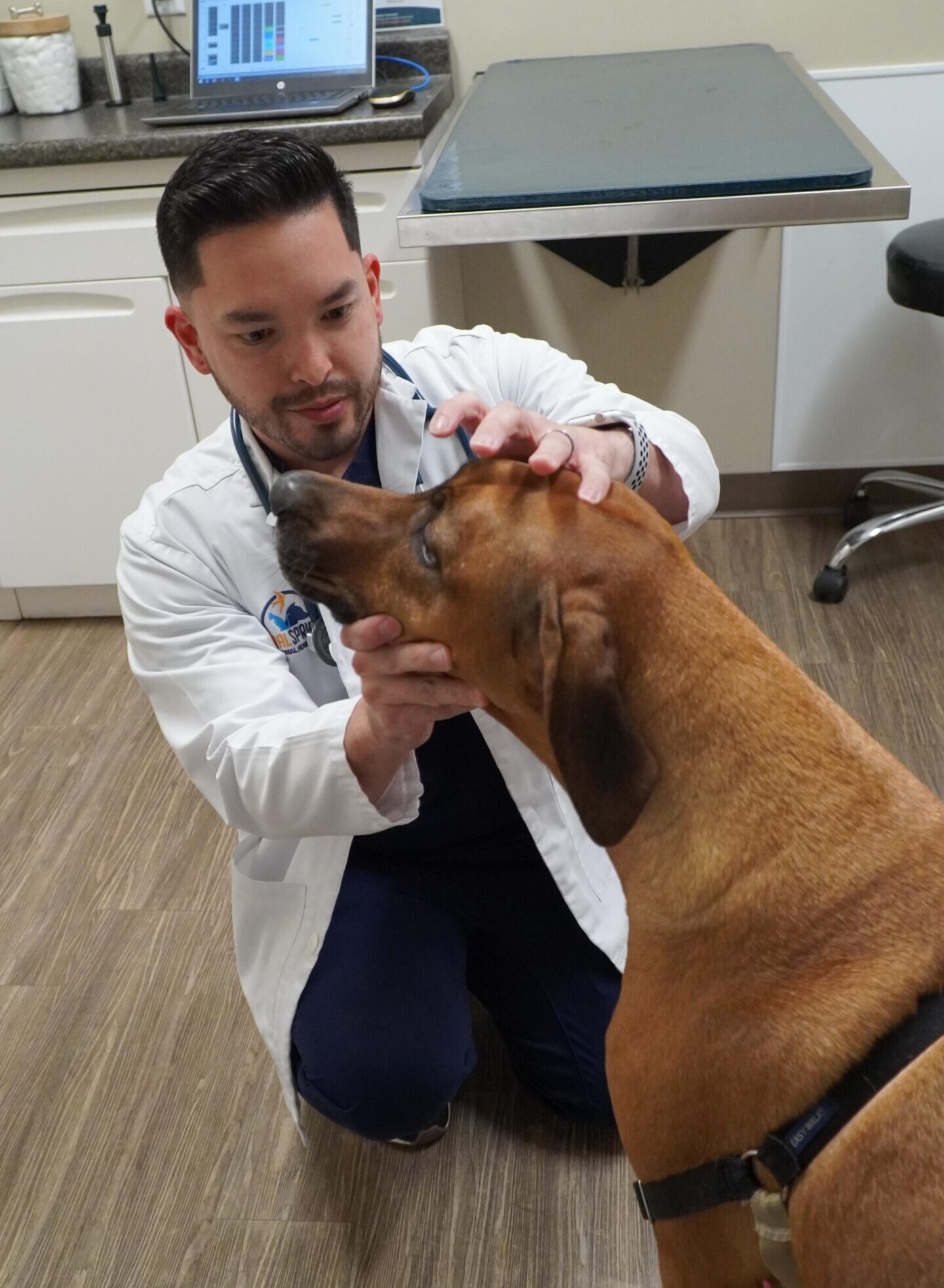Welcome to Coral Springs Animal Hospital
Coral Springs Animal Hospital is a state-of-the-art, full-service veterinary hospital with primary care, specialty care, and 24-hour emergency services.
How We Practice Medicine Differently Than The Rest
The doctors at Coral Springs Animal Hospital have daily hospital rounds that allow discussion and collaboration of complicated cases between our Primary Care Veterinarians, our Emergency Veterinarians, and our Board-Certified Veterinary Specialists. As in human medicine, new knowledge and cutting-edge techniques are evolving so rapidly in veterinary medicine that no single veterinarian can be knowledgeable and competent in all areas of medicine and surgery.
In some instances, just as your physician might refer you to a Board-Certified Specialist, your Primary Care Veterinarian may recognize a problem that a Veterinary Specialist would better handle. When needed, Coral Springs Animal Hospital has Board Certified Veterinary Specialists and highly sophisticated equipment available on-site to diagnose and treat your pet properly. Working as a team with our specialists, we can provide the best care for your pet.
Advanced Technology & Equipment
Coral Springs Animal Hospital uses the latest standards in diagnostics and the highest-quality medical equipment that many of the best animal hospitals and universities also use.
- Digital Radiology Imaging (x-rays)
- MRI
- CT
- Ultrasound
- Fluoroscopy
- Endoscopy
- Echocardiography
- Thermal Imaging
-
Laparoscopy
-
Hyperbaric Chamber
SPECIALTY / REFERRAL SERVICES
- Oncology
- Surgery
- Neurology
- Dentistry
- Sports Medicine/Rehabilitation
- Acupuncture/Chinese Medicine
- Behavior
Complete Veterinary Care in Coral Springs, FL
Coral Springs Animal Hospital is a state-of-the-art, full-service veterinary hospital with primary care, specialty care, and 24-hour emergency services.
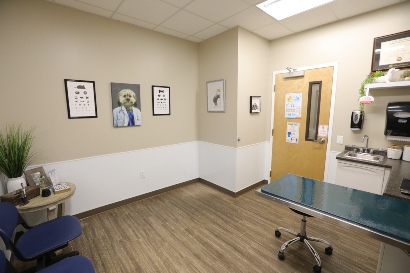
Primary Care
We provide high-quality, comprehensive wellness and preventative care for your dog, cat, kitten, or puppy, from routine vaccinations to diagnosis and treatment of injury and illness.
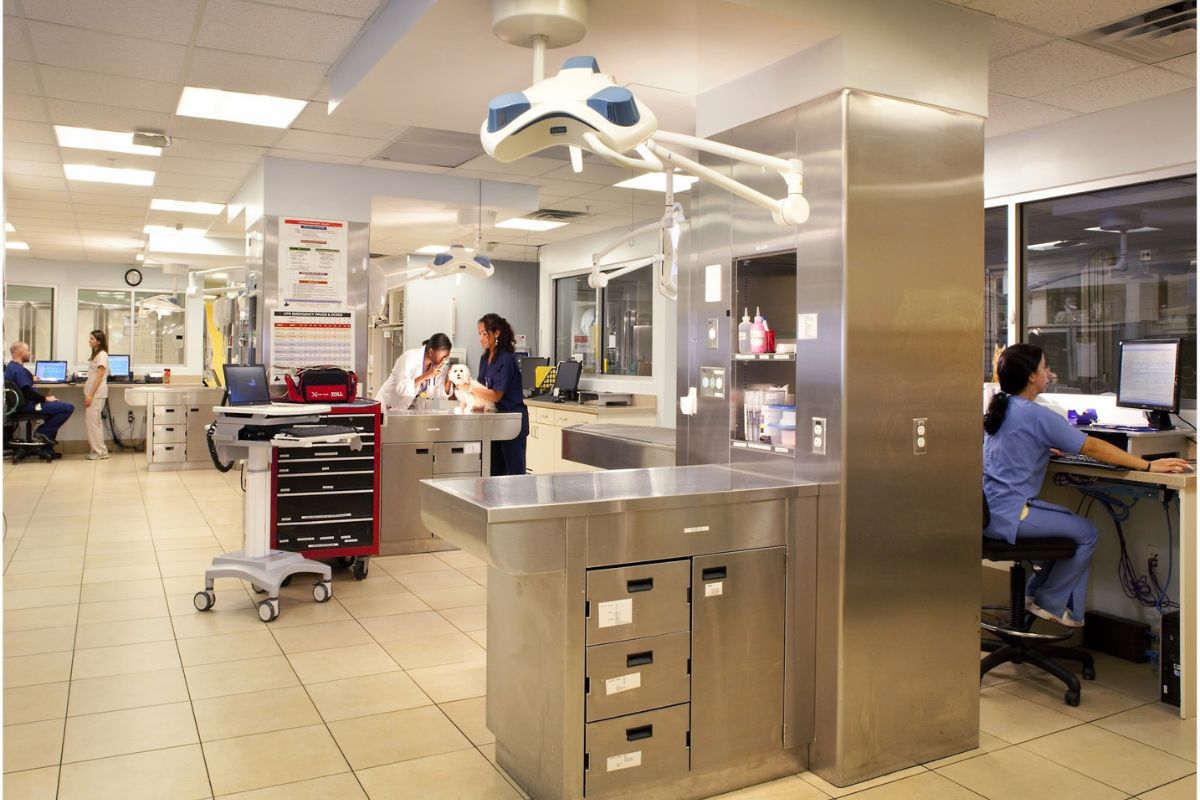
Emergency Care
Coral Springs Animal Hospital’s 24-hour emergency animal hospital is staffed with experienced veterinarians and Veterinary Nurses 365 days a year.
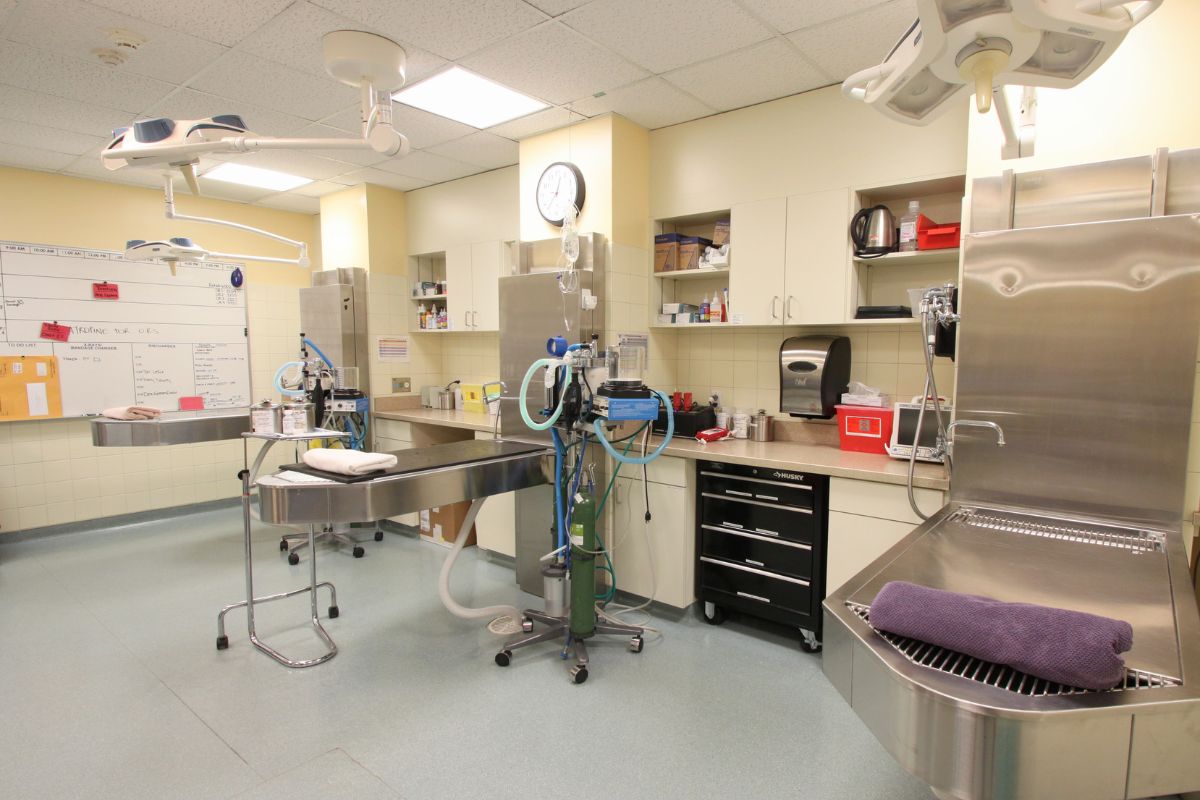
Specialty Care
Our dedicated team of board-certified specialists integrate the latest medical advances with a personalized patient experience to provide the highest level of veterinary care for your dog or cat.
Certified To Be The Best
Coral Springs Animal Hospital is Proud to be AAHA Certified Hospital
“AAHA sets the standard of excellence in veterinary medicine. The AAHA Standards of Accreditation are composed of 940 standards and 18 categories covering all areas of veterinary practice—from anesthesia and pain management to record-keeping and client communication.”

Meet Our Coral Springs Animal Hospital Veterinary Team
The veterinary team at Coral Springs Animal Hospital provides the most comprehensive care for your dog or cat. As your companion’s primary care provider, trust that your pet’s full history is right at our fingertips whether you need 24-hour emergency care or advanced specialty services.
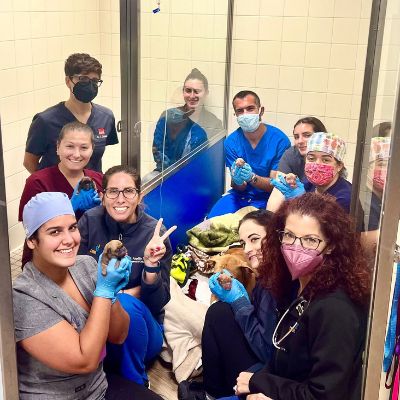
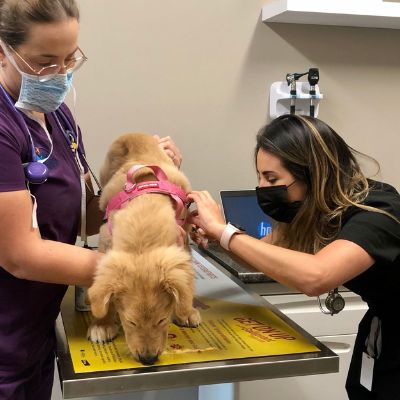

Our Reviews
Thank you for your kind words
Thank you for making Coral Springs Animal Hospital one of the highest-rated veterinary hospitals in Coral Springs, FL! Your kind words mean the world to us, and we’re so thankful that you’ve taken the time to provide us with feedback.
